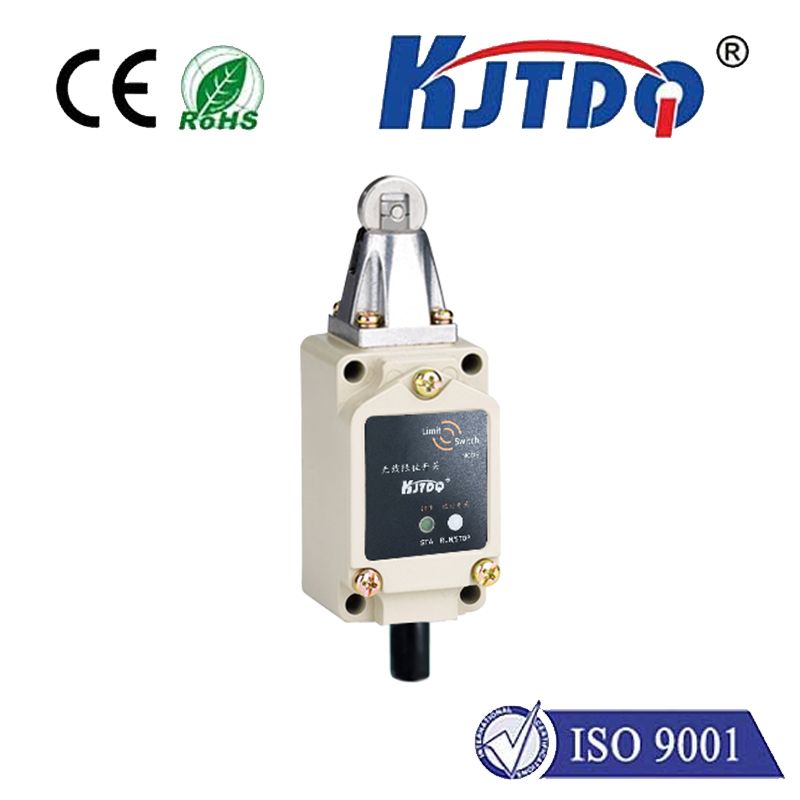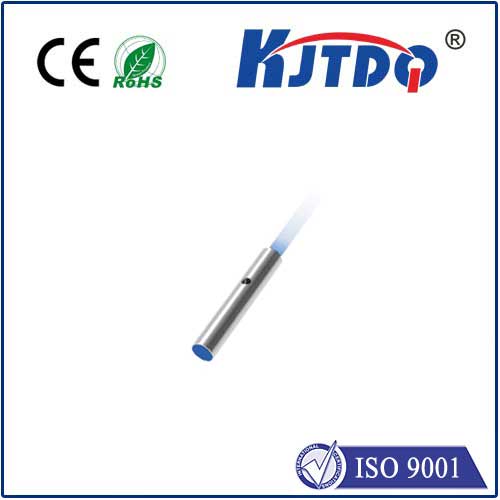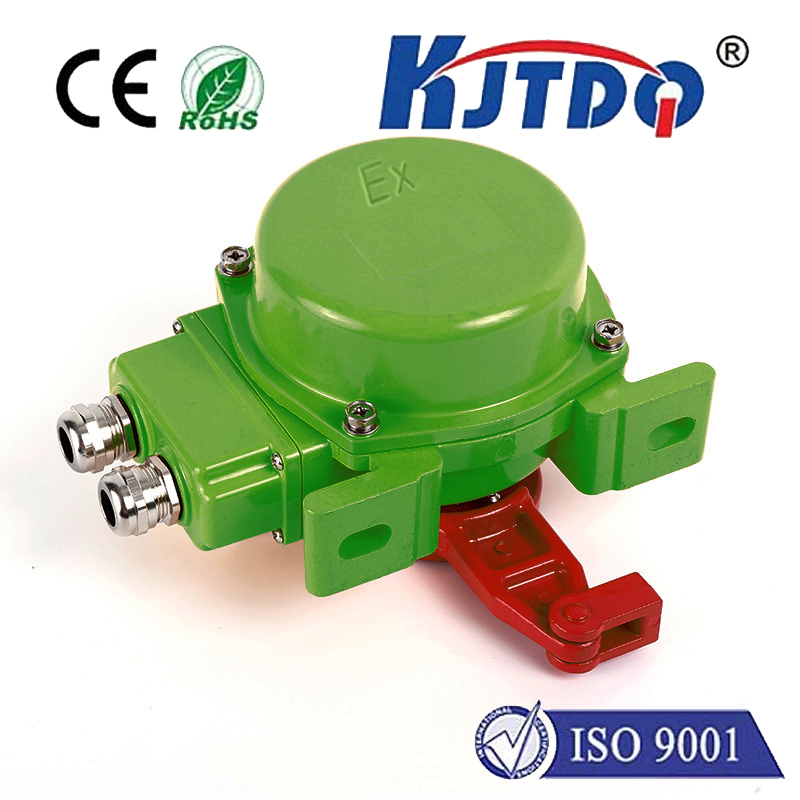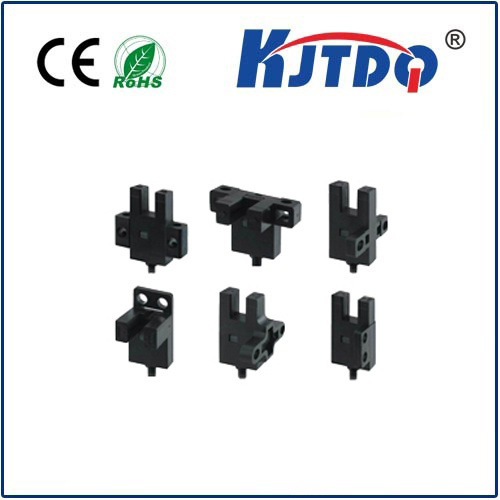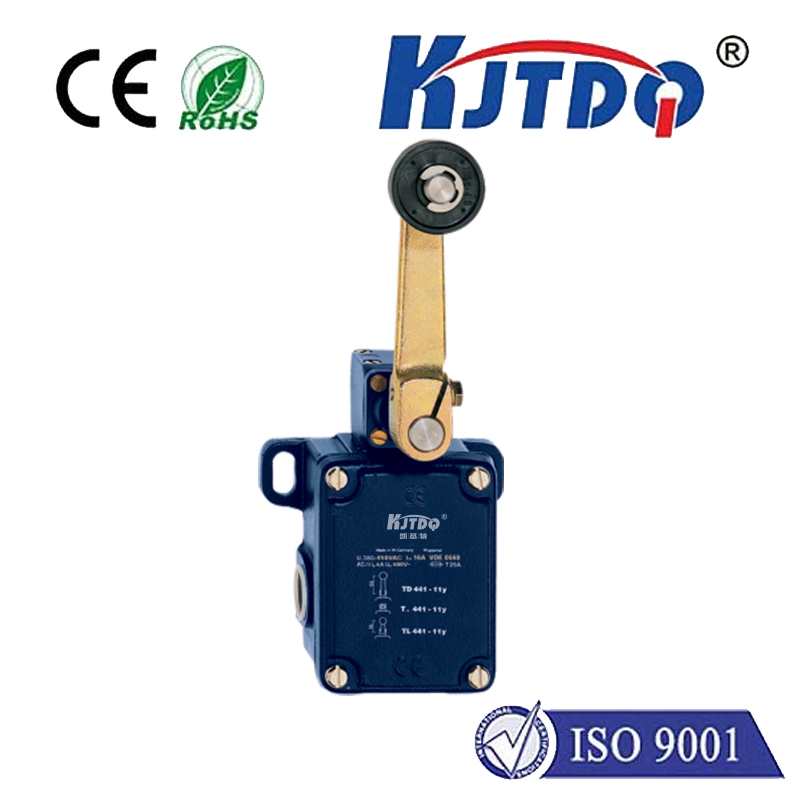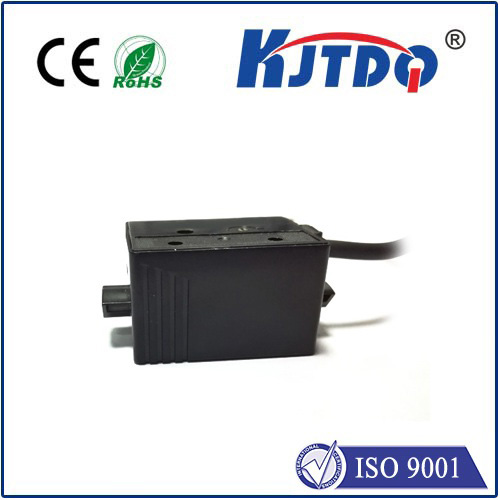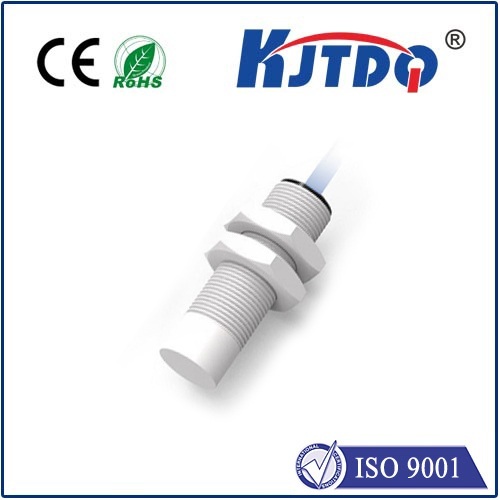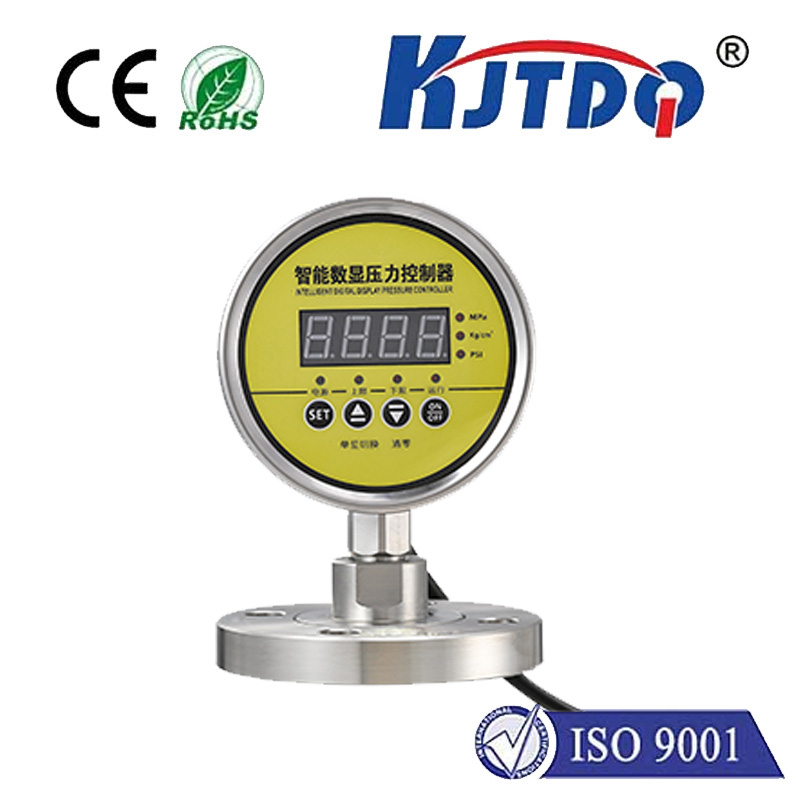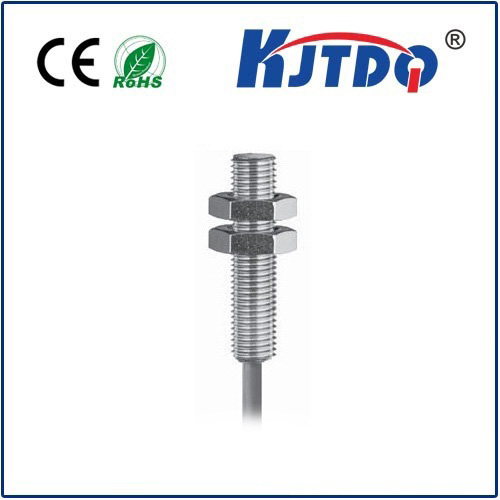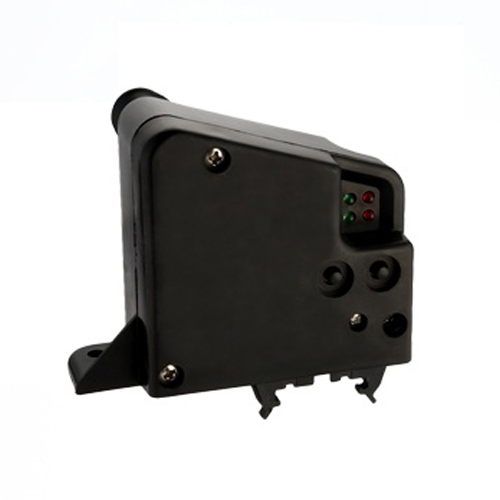

check

check

check

check

check

check

check

check

check

check
Laser gauge measurement is a precise and reliable method for measuring distances, dimensions, and surface properties. This innovative technology uses the principles of light and optics to provide accurate measurements that are essential in various industries, including manufacturing, construction, and engineering. In this article, we will discuss the accuracy of laser gauge measurement, its advantages, and its applications.
One of the most significant advantages of laser gauge measurement is its high degree of accuracy. Unlike traditional measurement methods that rely on manual calculations and approximations, laser gauges use advanced algorithms and precision sensors to provide precise measurements down to microns. This level of accuracy is critical in industries where precision is paramount, such as aerospace, automotive, and medical device manufacturing.

Another advantage of laser gauge measurement is its speed and efficiency. Compared to traditional measurement methods, laser gauges can measure large areas quickly and efficiently, saving time and reducing costs. Additionally, laser gauges can be programmed to perform complex measurements automatically, reducing the risk of human error and increasing productivity.
In addition to its accuracy and efficiency, laser gauge measurement offers other benefits, such as non-contact measurement and the ability to measure difficult-to-reach areas. Non-contact measurement allows for the measurement of fragile or delicate objects without risking damage to the object or the measuring tool. The ability to measure difficult-to-reach areas, such as internal dimensions or curved surfaces, is particularly useful in situations where access is limited or difficult.
Laser gauge measurement has various applications across different industries. In manufacturing, it is used to measure parts and components during production to ensure quality control. In construction, it is used to measure building dimensions and alignment to ensure structural integrity. In engineering, it is used to measure machine components and equipment to ensure proper functioning.
In conclusion, laser gauge measurement is a highly accurate and efficient method for measuring distances, dimensions, and surface properties. Its advantages include precision, speed, non-contact measurement, and the ability to measure difficult-to-reach areas. With its wide range of applications across different industries, laser gauge measurement continues to be an essential tool in ensuring quality and accuracy in various fields.
